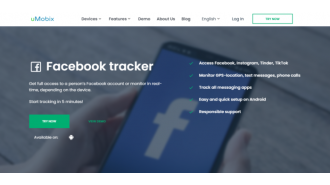Millennials are not seeking approval from their superiors before taking time off, according to a recent study.
A recent poll serves as a reminder to use paid time off (PTO) as a valuable luxury.

A recent survey has shed light on the fact that employees in the United States are not taking full advantage of their paid time off (PTO) benefits. The Harris Poll surveyed 1,170 American workers and found that a staggering 78% of them do not use all of their allotted PTO days. This trend is even more prevalent among younger generations, with Gen Z and millennials expressing concerns about falling behind in their work if they take time off.
The fear of missing deadlines and the pressure to constantly be productive are cited as major reasons why these young professionals hesitate to request time off. However, despite this reluctance, they still manage to take breaks from work in their own way. Libby Rodney, the Chief Strategy Officer at The Harris Poll, refers to this as a "workaround culture", where employees find alternative ways to balance their work and personal lives.
While Gen Zers are more vocal about rejecting workplaces that shame employees for taking time off, millennials tend to take a more subtle approach. They quietly find ways to prioritize their mental health and well-being, even if it means not officially communicating their time off to their managers. Some may pretend to be online during their off-hours, while others use scheduled messaging systems to send emails outside of work hours.
Rodney believes that this sneaky behavior is a clear sign of an unsupportive PTO system or workplace culture. She suggests that employers can address this issue by being more transparent about the process of requesting time off, leading by example and taking time off themselves, supporting their employees' PTO requests, and even mandating a minimum amount of time off.
One popular solution proposed by experts is the implementation of unlimited PTO policies. However, the survey reveals that the more PTO days available, the less likely employees are to actually use them. For instance, workers with 11 to 15 PTO days are more likely to take all of them, but once they have access to 16 days or more, the number of employees utilizing all their PTO significantly decreases.
In order to create a healthier work-life balance, some experts suggest adopting a more European approach to the workplace. This includes setting boundaries on working hours and personal time, offering longer vacation periods, extended lunch breaks, shorter workweeks, and implementing regulations around slower response times outside of work hours. By prioritizing the well-being of their employees, companies can create a more positive and productive work environment.










